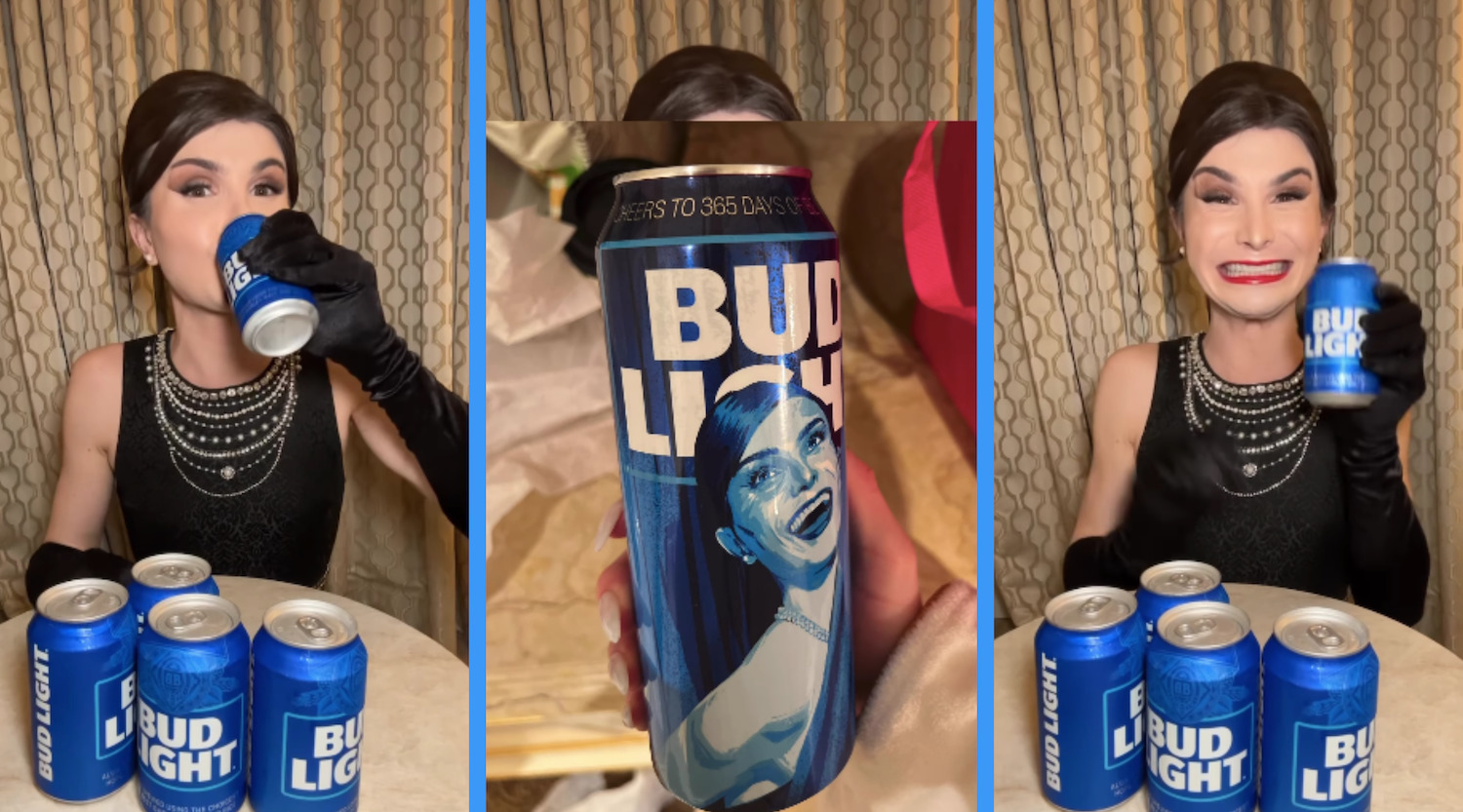Advertising has the power to influence and shape public opinion. However, this influence can sometimes lead to controversy when brands fail to navigate sensitive topics with care and understanding. One such incident was the Bud Light Dylan Mulvaney transgender controversy. This controversy brought to the forefront important discussions about transgender representation, inclusivity, and the responsibilities of brands. In this blog post, we will delve into the details of this significant event and explore the lessons it holds for the advertising industry in terms of sensitivity and representation.
The Controversial Ad Campaign:
In 2023, Bud Light launched an advertising campaign featuring a commercial that aimed to celebrate diversity and inclusion. The commercial starred Bob Dylan, the legendary musician, alongside a diverse group of people, including Dylan Mulvaney, a transgender individual. The intention behind the campaign was to highlight Bud Light’s commitment to inclusivity and create a positive message.
However, the campaign soon became embroiled in controversy when critics raised concerns about the way transgender representation was handled. Some argued that Mulvaney’s inclusion was tokenistic and exploitative, while others felt that the portrayal perpetuated harmful stereotypes or failed to capture the complexity of transgender experiences.
The Fallout and Lessons Learned:
The Bud Light Dylan Mulvaney transgender controversy quickly gained attention on social media and in the wider public sphere. The controversy highlighted the importance of responsible representation and sensitivity when depicting marginalized communities, such as the transgender community.
Critics argued that while Bud Light’s intention may have been positive, the execution fell short. They emphasized the need for brands to engage in meaningful dialogue with the communities they aim to represent and involve them in the creative process. This ensures that diverse perspectives are considered and that the portrayal aligns with the lived experiences and sensitivities of those being represented.
The Power of Authentic Representation:
Authentic representation is vital in advertising to avoid tokenism and stereotypes. The Bud Light Dylan Mulvaney transgender controversy underscored the importance of ensuring that transgender individuals are involved in decision-making processes, both behind the scenes and in front of the camera. This collaboration helps ensure accurate and respectful portrayals.
Additionally, brands must be willing to listen and learn from feedback when controversies arise. It is essential to engage in meaningful conversations and acknowledge any missteps made. This demonstrates a commitment to growth, understanding, and continuous improvement.
Moving Forward: Responsibility and Education:
The Bud Light Dylan Mulvaney transgender controversy offers an opportunity for the advertising industry to reflect on its practices and commitments. Brands have a responsibility to educate themselves on the nuances of diverse experiences and to engage in ongoing education and awareness initiatives. This helps ensure that future campaigns are inclusive, respectful, and genuinely representative.
Moreover, consumers play a crucial role in holding brands accountable. By voicing their concerns and supporting brands that prioritize responsible representation, individuals can influence positive change within the advertising landscape.
Conclusion:
The Bud Light Dylan Mulvaney transgender controversy shed light on the challenges faced by brands when tackling sensitive topics in advertising. It emphasized the importance of responsible representation, authentic collaboration, and ongoing education within the industry.
Moving forward, brands must recognize the power they hold and use it responsibly, striving for genuine inclusivity and accurate representation. By fostering dialogue, listening to feedback, and centering the experiences and perspectives of marginalized communities, the advertising industry can become a catalyst for positive change, breaking down barriers and promoting a more inclusive society.
Note: This post is created with the help from ChatGPT.
